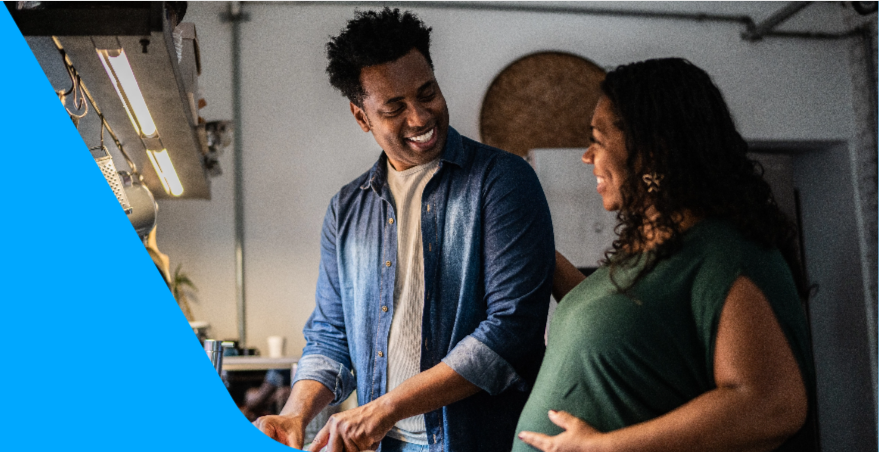What the Terrible Twos Are & Aren’t
Easily Frustrated but Facing Many Exciting Changes
Your two-year-old can seem moody, changing lightning fast from cheerful to having a meltdown. But this is a time of continuing major cognitive, motor, and social changes. Your little one is realizing there’s a big, interesting world out there. They may want to do things that they see older children or adults doing, but interests often go beyond current physical strength and skill or ability to understand.
What helps: Set your toddler up for success. Provide age-appropriate activities and toys that challenge without being too easy or too hard.
Always Getting into Things but Curious & Smart
That unspooled toilet paper, emptied kitchen drawer, or block-strewn floor aren’t the results of willful disobedience—they’re all signs of your toddler’s deep interest in what things are and how they work. Your toddler is like a detective pulling together clues about the world around them (or sometimes, pulling them apart).
What helps: Create a “yes” environment so your two-year-old can play and explore without getting into situations that cause you to say no or get upset.
Testing Limits but Learning the Rules
When your toddler keeps doing something after you’ve said no, it’s another form of learning. Your little one is pushing your boundaries to see if you’ll follow through on making them stop whatever it is they’re up to.
What helps: Establish limits and follow through every time. Consistency helps children learn discipline as they make their way through the terrible twos.
Oppositional & Needy but Learning to be Independent
During the terrible twos, your toddler is discovering their own will, needs, and desires. That’s the root of the word “no”: It’s a powerful way your two-year-old can declare they’re their own person!
What helps: Let your child exert some control over daily life by offering limited choices in place of making commands: “Do you want the red cup or the blue cup?” “These socks or those?” They shouldn’t be big choices (“Do you want to go to preschool?” “Do you feel like a nap?”); your budding independent child still needs you to take care of the big decisions in their life. But by feeling that they have some say in things may make them less likely to oppose you.
And on great days when all goes well, you may wonder why they don’t call the terrible twos the terrific twos.








